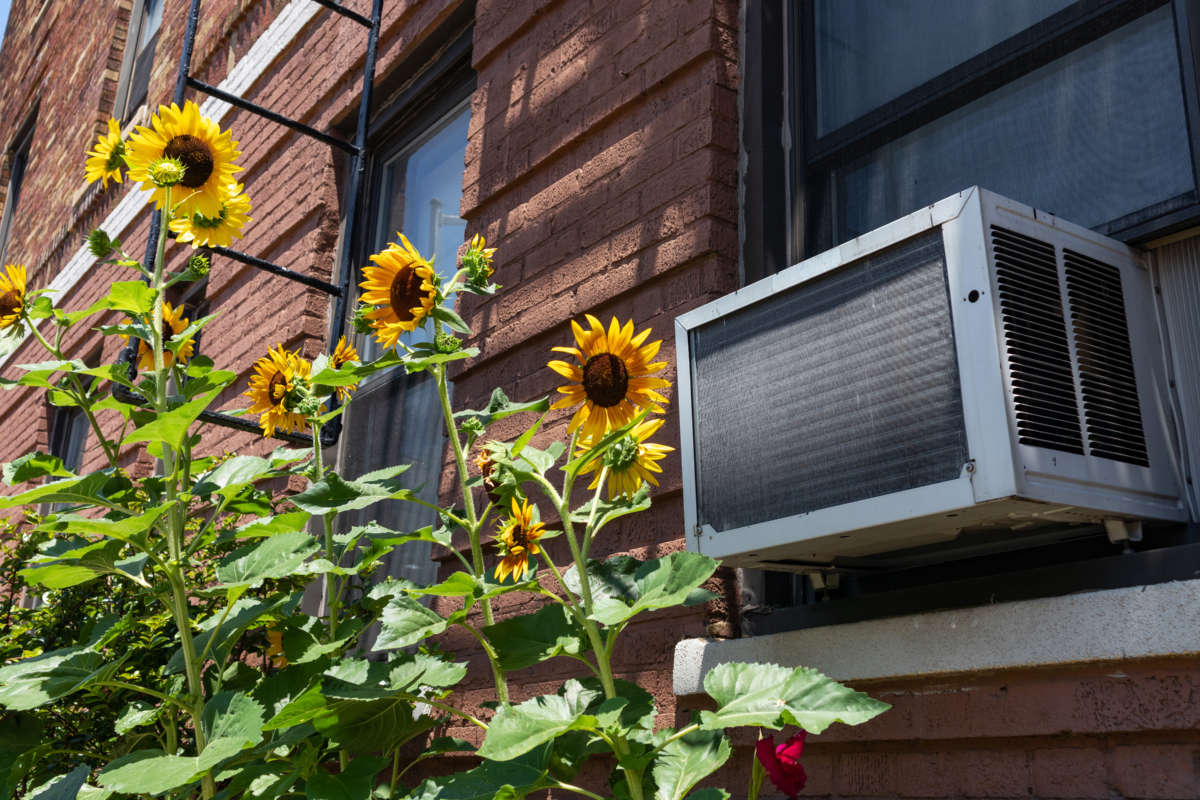Late Monday night, after months of tense negotiations, Congress passed a $900 billion stimulus package — less than half the size of the $2.2 trillion stimulus bill passed nearly 10 months ago — that includes $600 in direct payments to individuals, more money for small businesses through the Paycheck Protection Program and, surprisingly, a few provisions to help address the climate crisis.
One of the most impactful lines in the bill for the climate is about phasing out the use of hydrofluorocarbons (HFCs) by 85 percent by 2035, which would put the U.S. in alignment with guidelines set forth by the Kigali Amendment of the Montreal Protocol, an international agreement that addressed ozone layer depletion. HFCs, used in refrigerators and air conditioners, are an extremely potent greenhouse gas — much more so than carbon dioxide — and one 2013 study found that limiting its usage under the guidelines set by the Montreal Protocol could help the world avoid 0.5 degrees of warming by 2100.
Stay in the loop
Never miss the news and analysis you care about.
Through a bipartisan effort, the bill also authorizes $35 billion for energy technology over the next five years. This includes $4.1 billion for renewables and $1.1 billion for energy storage. It also includes over $6 billion each for more controversial endeavors: nuclear energy, as well as carbon capture, use and storage (CCUS), the latter of which is a favored strategy of the fossil fuel industry (and Congressional Republicans) to help greenwash their image.
The bill includes $35.2 spending for energy:
– $4.1 bn: renewables
– $1.7 bn: reauthorization WAP + add renewables
– $2.6 bn: DOE sustainable transport
– $6.2 bn: CCUS
– $1.1 bn: energy storage
– $2.4 bn: smart grid
– $6.6 bn: advanced nuclear
– $4.7 bn: fusion
– $2.9 bn: ARPA-E— Dr. Leah Stokes (@leahstokes) December 21, 2020
Crucially, however, the bill does not appropriate the money for this research and development. Getting the funding to put the policy into effect is another hurdle that has to be crossed. As Justin H. Gillis, a contributing climate opinion writer for The New York Times, notes on Twitter, “Getting money out of the United States Congress is a two-step procedure, and ‘authorization’ is only the first step. It’s equivalent to Congress saying, ‘We might spend this much, eventually.’ Getting them to ACTUALLY SEND THE DOUGH is the harder part, by far.”
Senator Chuck Schumer, the Democratic Senate minority leader, called the climate provisions “the single biggest victory in the fight against climate change to pass this body in a decade.” Though there are myriad important climate battles missing from the text — it skips out completely on climate justice, for instance — for a Congress that doesn’t have a history of creating any legislation on climate, it’s a start. Schumer himself acknowledged as much: “Let’s be clear: Are these provisions enough to meet the demands of the science? No,” he said. “But are they a significant step in the right direction? Yes.”
Though the bill does not directly address climate justice issues, it does include $25 billion for emergency rental relief, which can be used to help pay for utilities. Though many places have implemented shutoff moratoriums, many are still facing large debts and this assistance may be crucial for many families struggling with utility payments.
These provisions were all tucked into a relatively mixed bag of a bill. The $600 checks are a small step, but not nearly enough for most Americans who have been struggling during the pandemic, as many politicians like Bernie Sanders have pointed out. The bill also includes a bailout for airlines, something that was heavily criticized in March’s stimulus package, and a Donald Trump-favored “three-martini lunch” tax break for corporations to pay for business meal expenses.
Another point of contention was that the members of Congress only got about two hours to read the 5,593 page bill, which Representative Alexandria Ocasio-Cortez described as “hostage-taking.”
3 Days Left: All gifts to Truthout now matched!
From now until the end of the year, all donations to Truthout will be matched dollar for dollar up to $38,000! Thanks to a generous supporter, your one-time gift today will be matched immediately. As well, your monthly donation will be matched for the whole first year, doubling your impact.
We have just 3 days left to raise $38,000 and receive the full match.
This matching gift comes at a critical time. As Trump attempts to silence dissenting voices and oppositional nonprofits, reader support is our best defense against the right-wing agenda.
Help Truthout confront Trump’s fascism in 2026, and have your donation matched now!
